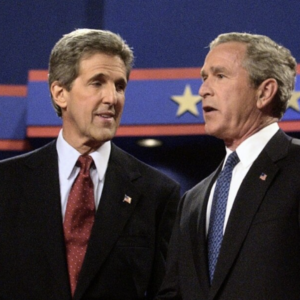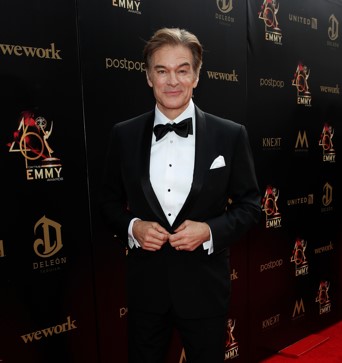Point: In a Sport Driven by Tradition, a Revolution Looms

For an alternate viewpoint, see “Counterpoint: A Gilded Age for College Football — and the Rest of Us.”
College football is a game of tradition — from marching bands and fight songs to rivalry games and raucous student sections. But the game is undergoing its biggest revolution since the introduction of the forward pass.
Billion-dollar television deals, continuing conference consolidation and the uncharted waters of player compensation threaten the stability of a 150-year-old sport. To preserve the game’s long-term stability, college football’s decision-makers must place guardrails on how money flows through the sport.
Over the last two decades, the money flowing into the highest levels of college football has exploded. The annual revenue in “Power Five” college athletics has soared from $50 million per school in 2004 to nearly $140 million in 2022. While college tuition is also increasing at alarming rates, this influx of cash for athletics is not coming from the students. It’s driven by eye-popping television and media rights deals.
In 2020, the SEC signed a 10-year, $3 billion deal granting ESPN exclusive broadcast rights. Not to be outdone, the Big Ten recently signed a seven-year, $7 billion deal of its own. With this new money, schools are investing hundreds of millions of dollars into state-of-the-art athletic facilities along with tens of millions of dollars on coaching contracts.
It is no surprise that these big-money conferences have several schools banging down the doors to get in. Starting in 2024, football powerhouses Oklahoma and Texas will leave the Big 12 to join the SEC, while 10 schools from the Pac-12 are sacrificing their geographic and historic rivalries for more lucrative conferences on the other side of the country.
The student-athletes are starting to get their piece of the pie, too. Following a landmark Supreme Court decision, the NCAA adopted a policy allowing students to make money from their “name, image and likeness” (NIL). Gone are the days when boosters paid players under the table with duffel bags filled with cash. Now, players can earn millions of dollars by appearing in advertisements for major brands. At the same time, “donor collectives” can entice players to pick one school over another.
While players deserve compensation for their value, the new NIL landscape has created chaos in the sport. Rather than developing their minds and bodies in reserve roles as underclassmen, players are now looking to transfer between schools in search of the best NIL deal and immediate playing time. It’s hard to blame the students — agreeing to be a backup with the promise of a future opportunity can mean leaving money on the table or losing the chance to play as new players transfer into the program. Moreover, the top three finalists for this year’s Heisman Trophy show how transferring to a new school can elevate a career. But without any guardrails on player compensation, lower-earning schools may become nothing more than developmental teams as wealthy programs offer millions of dollars to encourage high-level players to leave.
We are in the midst of an inflection point for college football. The media contracts are growing, and more schools are on the hunt for bigger payouts. But there are also larger cultural factors at work. Safety concerns have driven a decline in football participation among youth, more students from overseas are enrolling in American universities, and sky-high tuition prices have led to stagnant domestic enrollment.
If these trends continue, not only are the rivalries and traditions that make college football special in jeopardy, but the entire sport might be at risk. The survival of college football will require bold leadership from the NCAA, conference executives and university administrators.
Fortunately, there are some signs of progress. The new 12-team playoff format could stem conference consolidation by providing auto-bids for the top six conference winners. If officials have the fortitude to rebuff requests from the major conferences to eliminate auto-bids, schools will be incentivized to remain in separate conferences.
On the NIL front, NCAA president Charlie Baker recently introduced a proposal to require compensation for all student-athletes at the richest schools. While this proposal is just a starting point, Baker’s proactive approach is a step in the right direction. Salaries for players appear to be inevitable, whether by public pressure or judicial mandate. The NCAA is wise to get out in front of the issue.
America’s most tradition-filled sport is entering a new period. The game is on the line, and college football leadership cannot afford to fumble.




